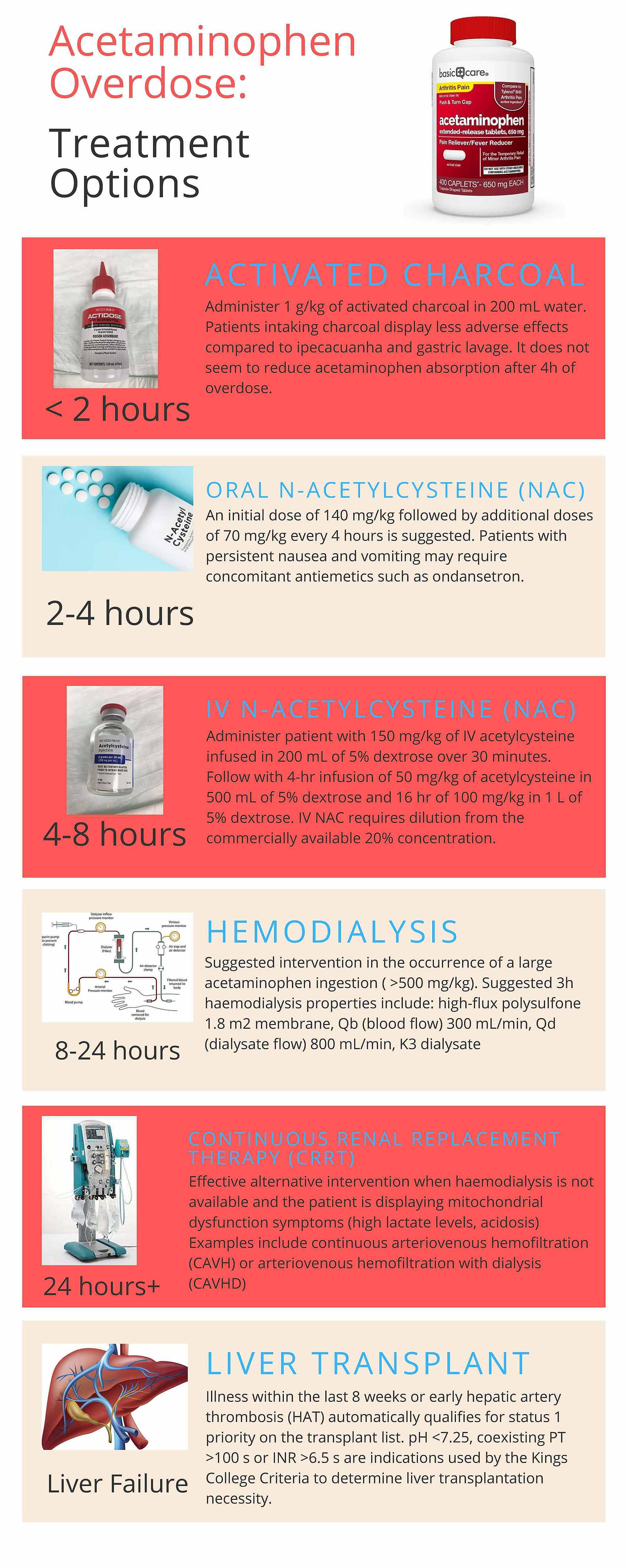
/GettyImages-458559027-5ae8cf800e23d900390e9b0f.jpg)
Benzodiazepines: sedation and control of seizuresĪcetylcholinesterase inhibitors and organophosphates (e.g., parathion, E605).Enhance sympathetic effect → sympathomimetic toxicity.Formation of toxic metabolite ( NAPQI) in the liver ( hepatotoxicity) → liver failure (see acetaminophen overdose).For intoxication with recreational drugs (e.g., cocaine, phencyclidine), see the article on substance use disorders. If the poisonous substance is unknown, the patient's case history and clinical features may help determine the causative agent, which is important for the selection of a proper antidote (if available).įor more information on poisoning due to overdose of specific drugs, metals, and food poisoning, see the respective articles, i.e., benzodiazepine overdose, anticholinergic poisoning, opioid overdose, beta blocker poisoning, salicylate toxicity, carbon monoxide poisoning, and metal toxicity. In the United States, if poisoning is suspected, Poison Control (available 24/7 at 1-80) should be contacted immediately to obtain information from specialists regarding management. The focus of this article is poisoning from organophosphates, cyanide, ethylene glycol and methanol, laundry and cleaning products, mushrooms and plants, and carbon dioxide. Substances that are commonly thought to be harmless, such as water and most vitamins, can also be harmful if taken in excess.

The type of poison, the amount taken, and the size and age of the individual involved are all factors that determine if a substance is actually harmful. Poisoning occurs when a substance that is inhaled, ingested, or absorbed through the skin has harmful effects or even causes death.


 0 kommentar(er)
0 kommentar(er)
